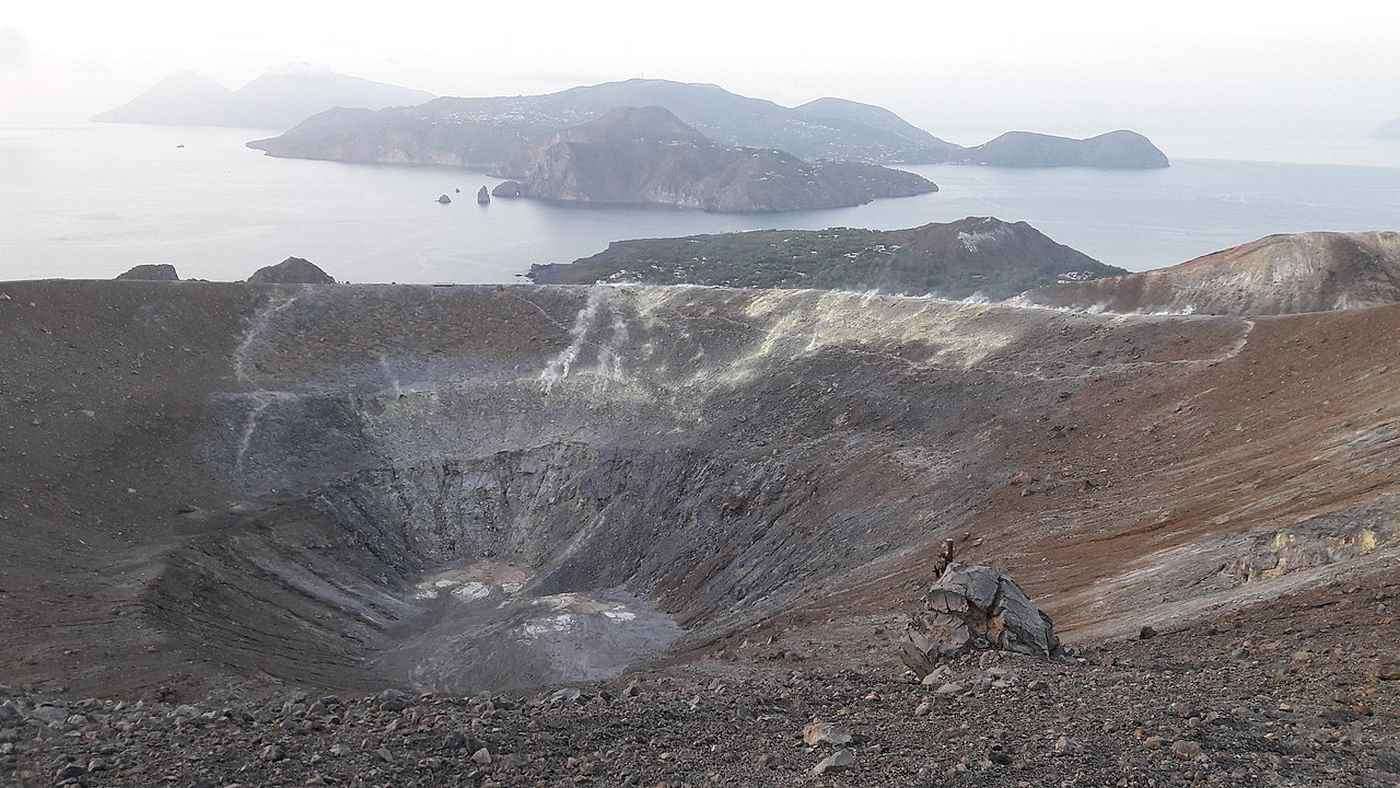Long Before Trees Overtook the Land, Our Planet Was Covered by Giant Mushrooms
These tall featureless trunks, which have been found as fossils all over the world, are now strongly believed to be mushrooms.

A microbe discovered living on the slopes of an Italian volcano can eat and store CO2 in its body faster than any other species yet known.
Scientists hope to be able to harness the creature's powers to create carbon-capture ponds to aid in pulling CO2 out of the atmosphere.
While reducing the input of fossil fuel-released CO2 into the atmosphere is still important, many scientists are now predicting that the predicted effects of climate change will take place regardless based on the amount of CO2 already in the atmosphere; as such the removal of that CO2 moves into equal importance.
Near the Sicilian city of Palermo, the island of Vulcano played host to a microbe that ate CO2 "astonishingly quickly" and that sinks in water.
The sinking is unique because it would allow machinery to collect the CO2 the microbes absorbed, meaning carbon-capture ponds wouldn't need to act like landfills; they could be refilled over and over again.
"The project takes advantage of 3.6 billion years of microbial evolution," said Dr. Braden Tierney, from Weill Cornell Medical College, to The Guardian.
"The nice thing about microbes is that they are self-assembling machines. You don't have that with a lot of the chemical approaches [to CO2 capture]."
Microbes have been seen by many different parties as a potential part of the solution to climate change.
In 2022 WS reported that scientists working for the biochemical firm LanzaTech discovered a way to genetically engineer bacteria that consume carbon oxide and carbon dioxide before converting them into two widely used chemicals, acetone and isopropanol, that would otherwise generate hundreds of thousands of tons of CO2 emissions.
Processes like these are significant because they fit into already existing company infrastructure, in this case, the production of acetone and isopropanol which are used in dozens of common household products from cleaning agents to lightbulbs.
"There will be circumstances where the tree is going to outperform microbes or fungi. But there will also be circumstances where you really want a fast-growing aquatic microbe that sinks," said Dr. Tierney.
SHARE The Idea Of Carbon-Capture Ponds With Your Friends…
Be the first to comment